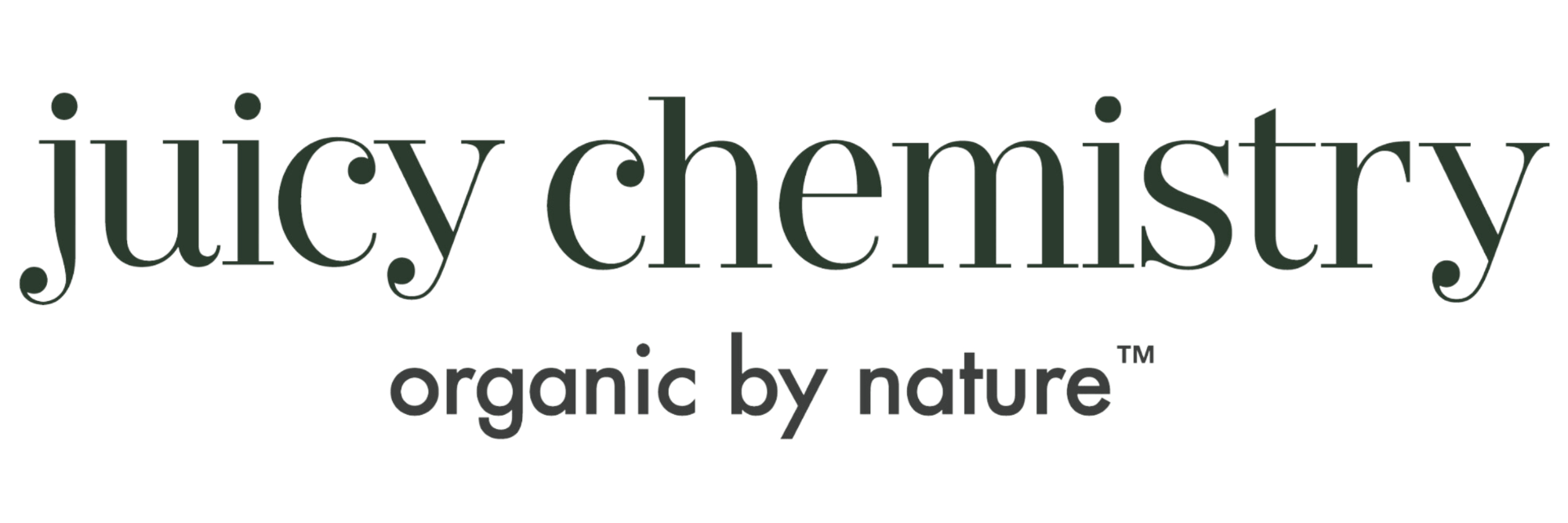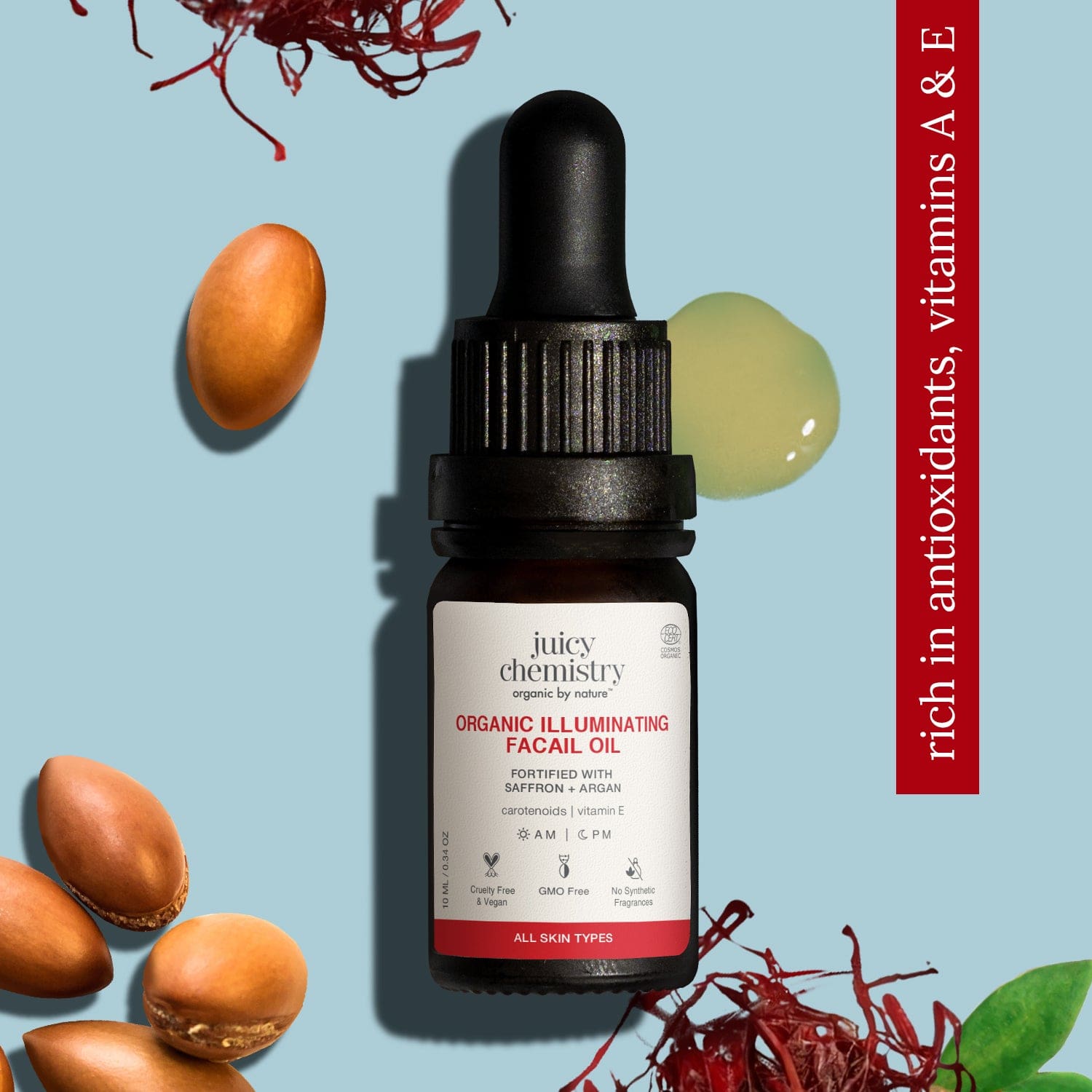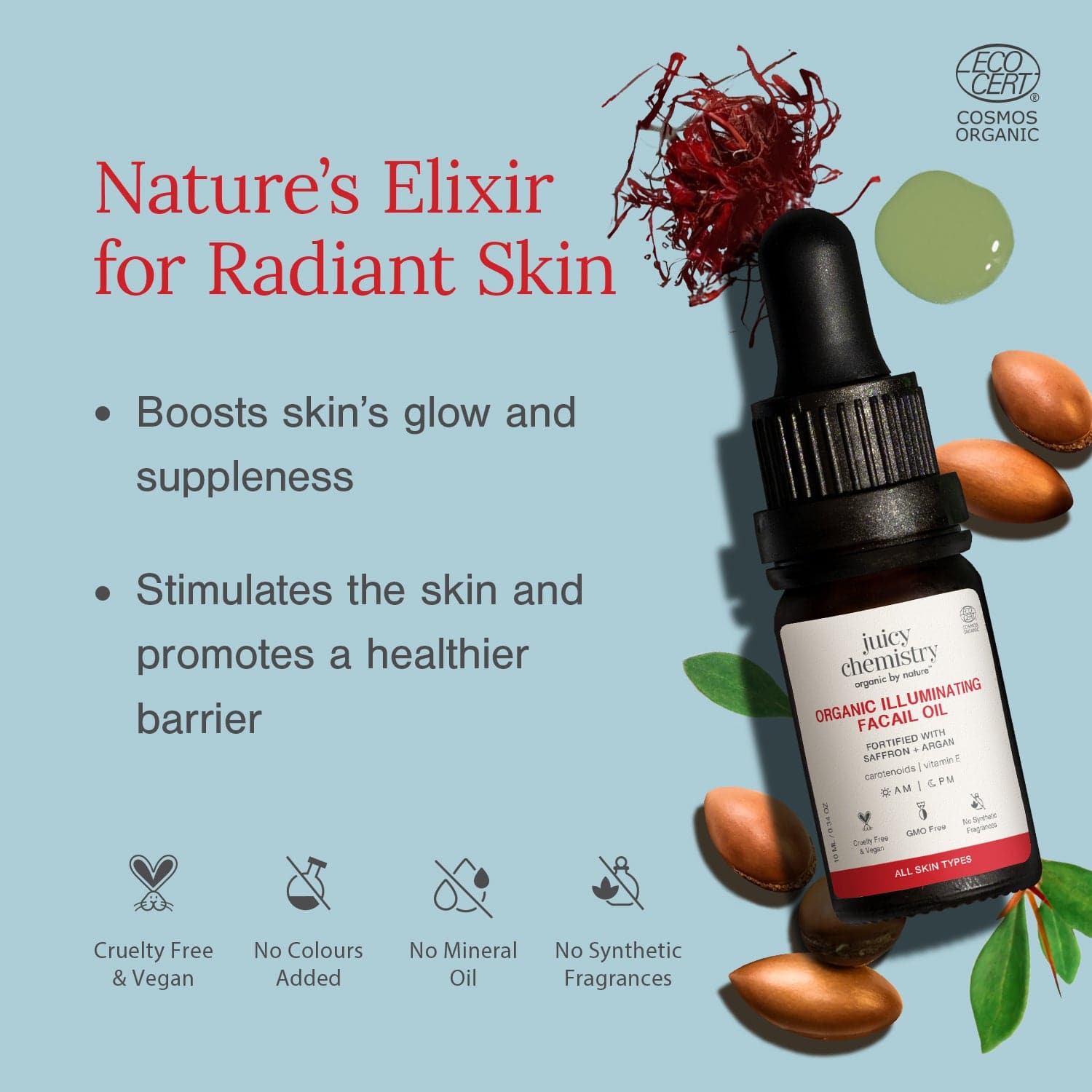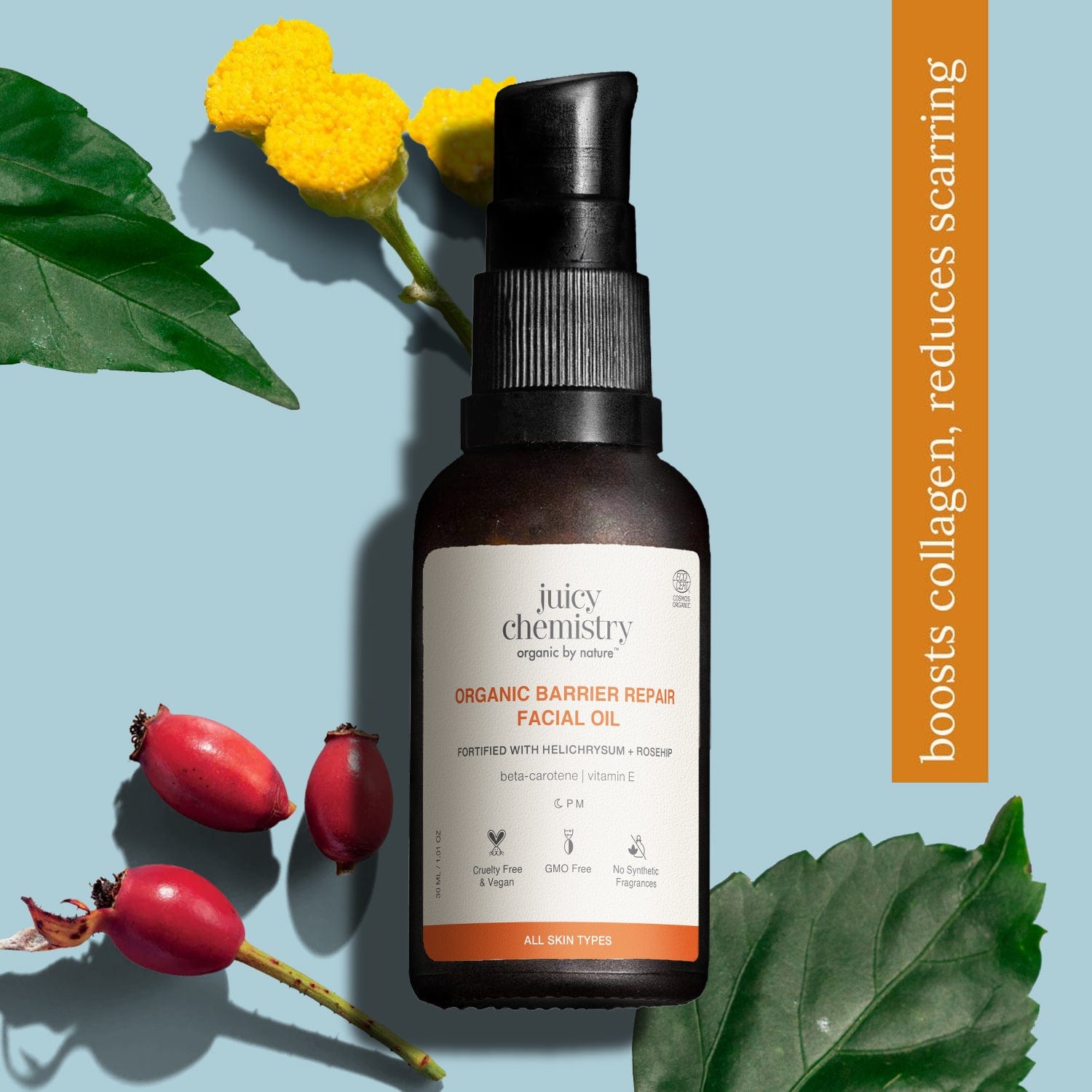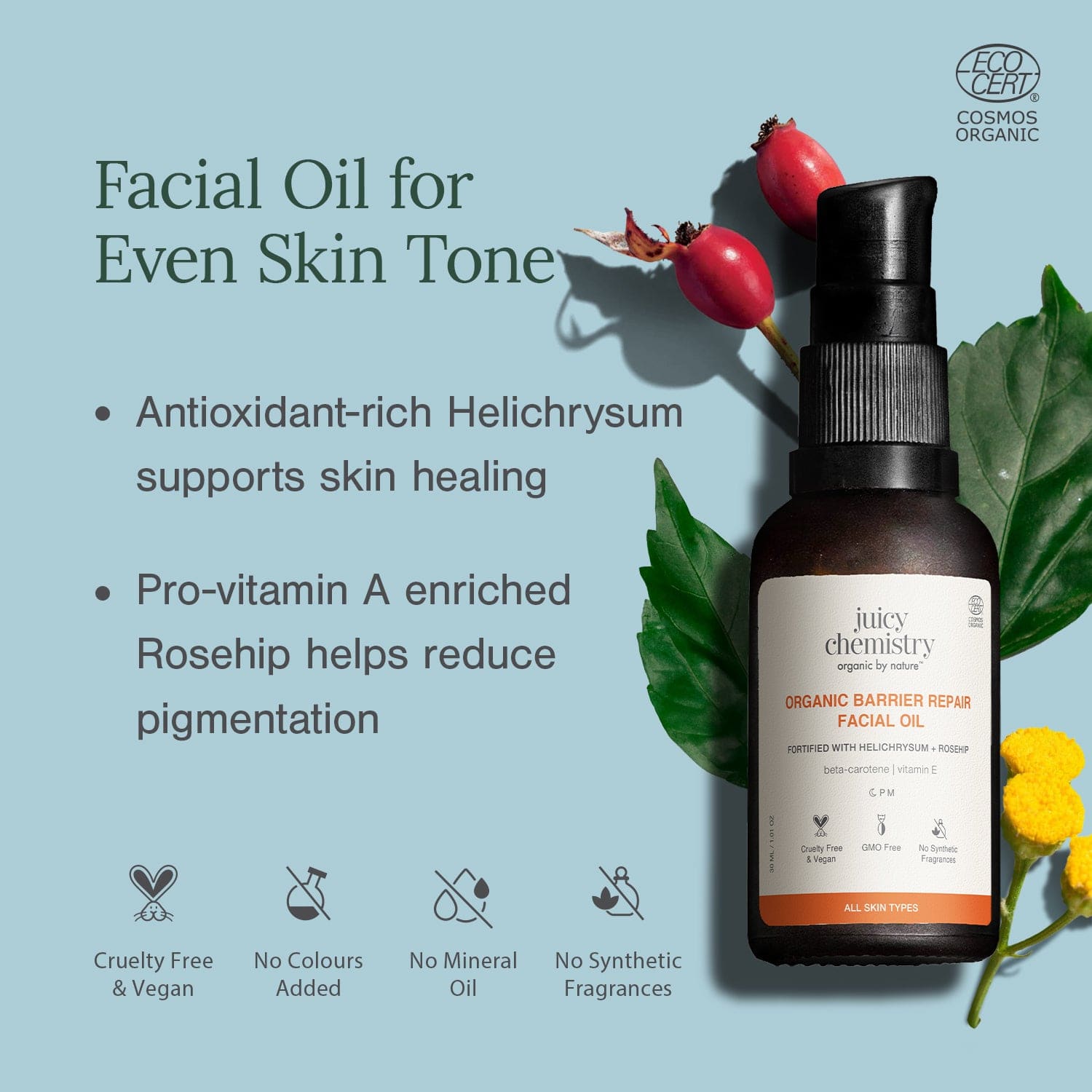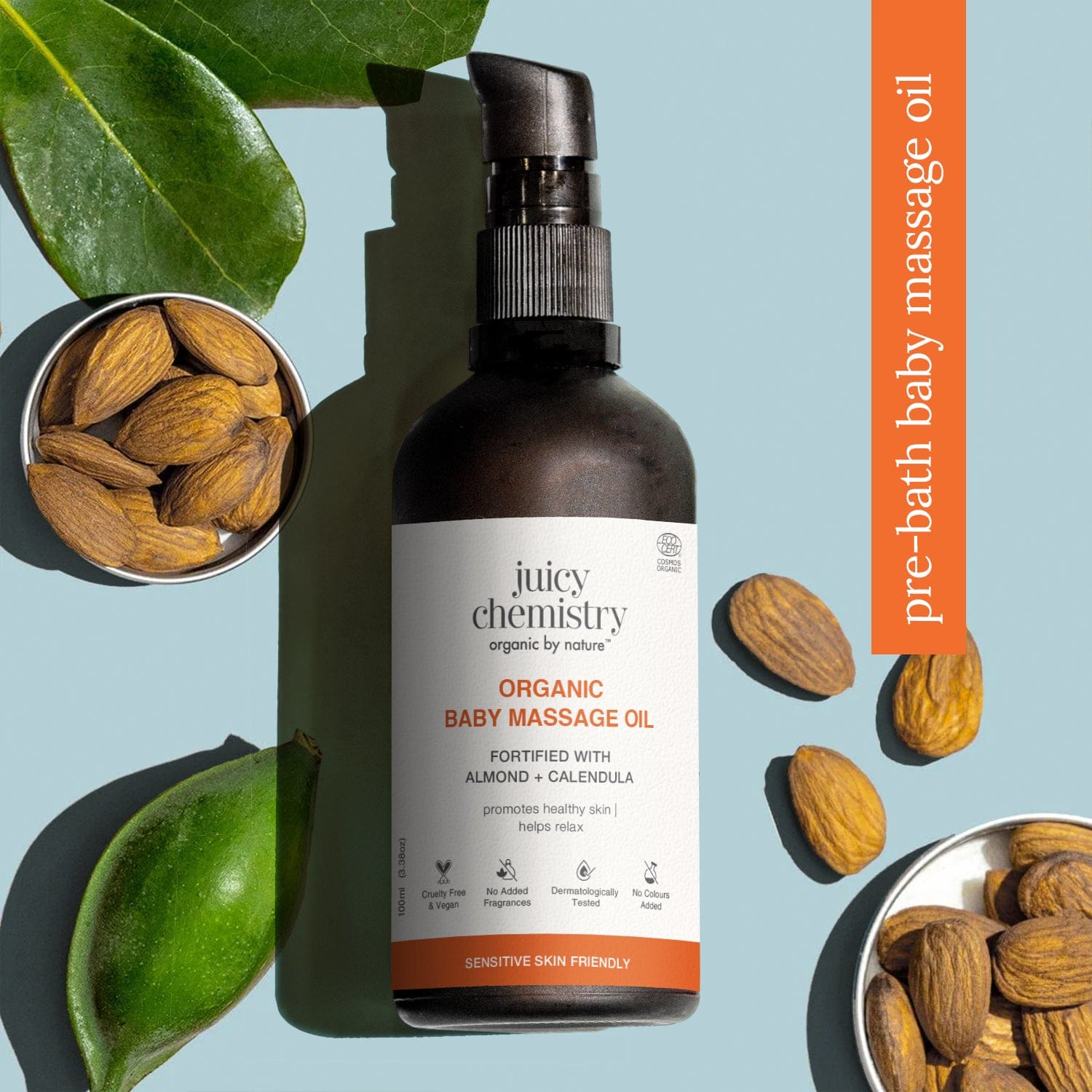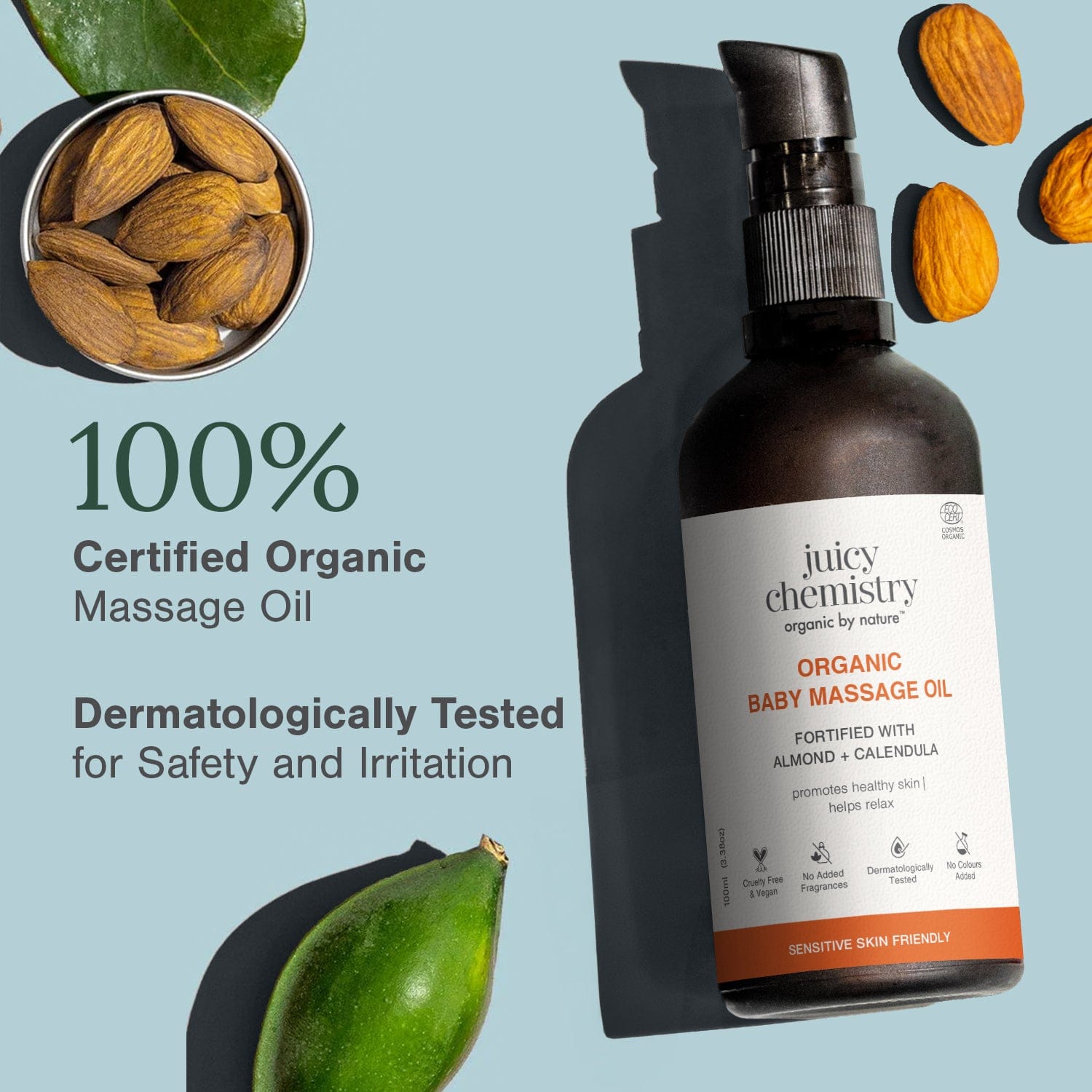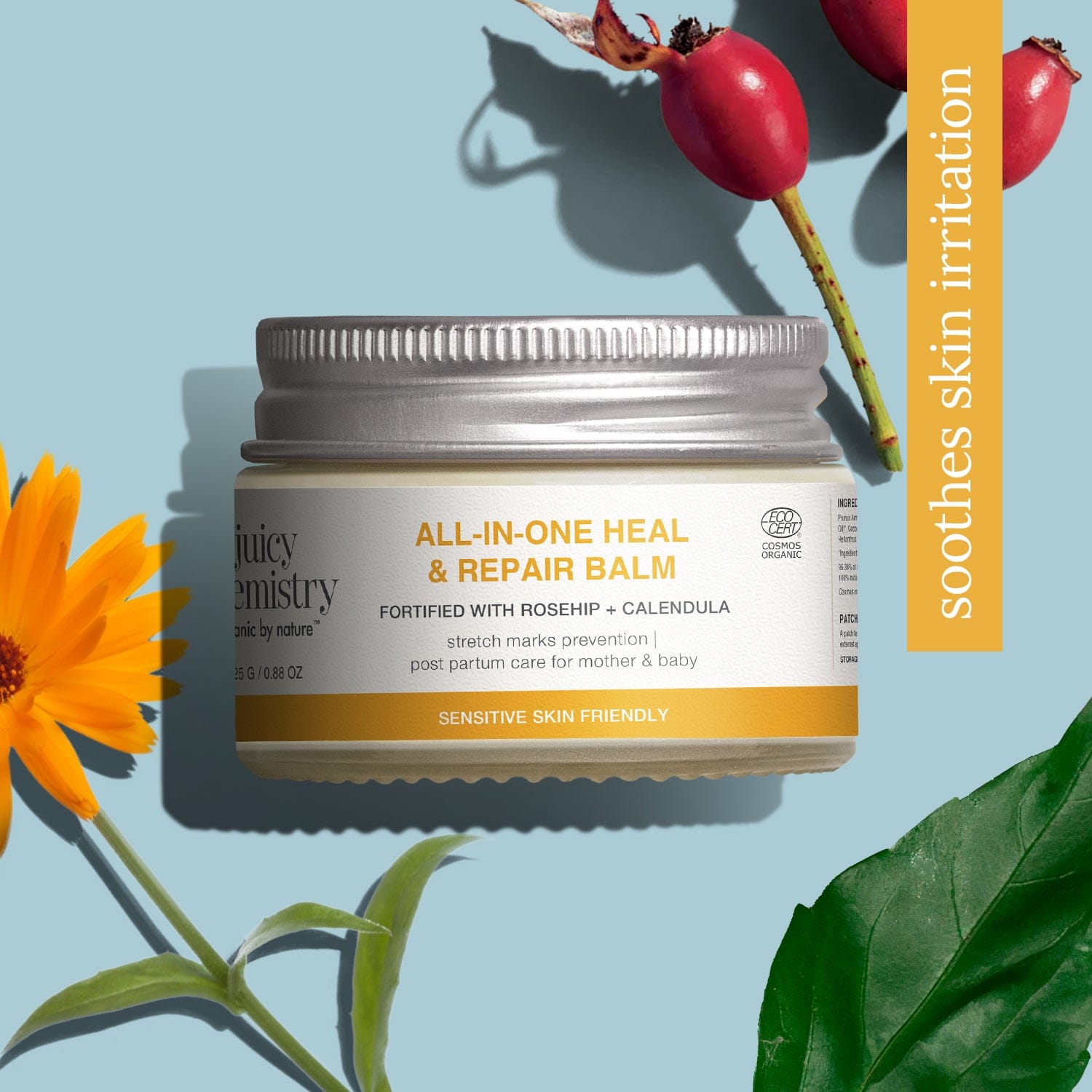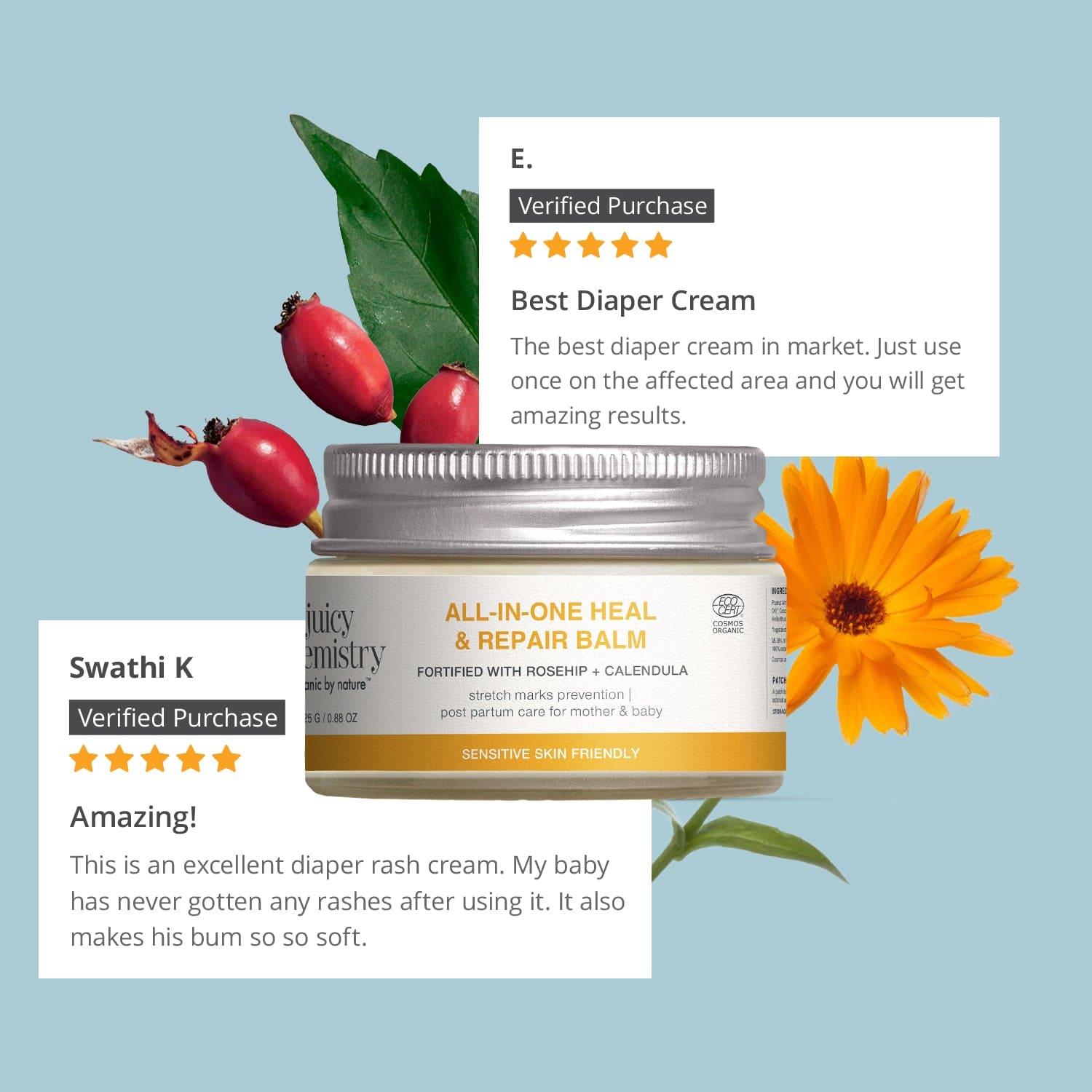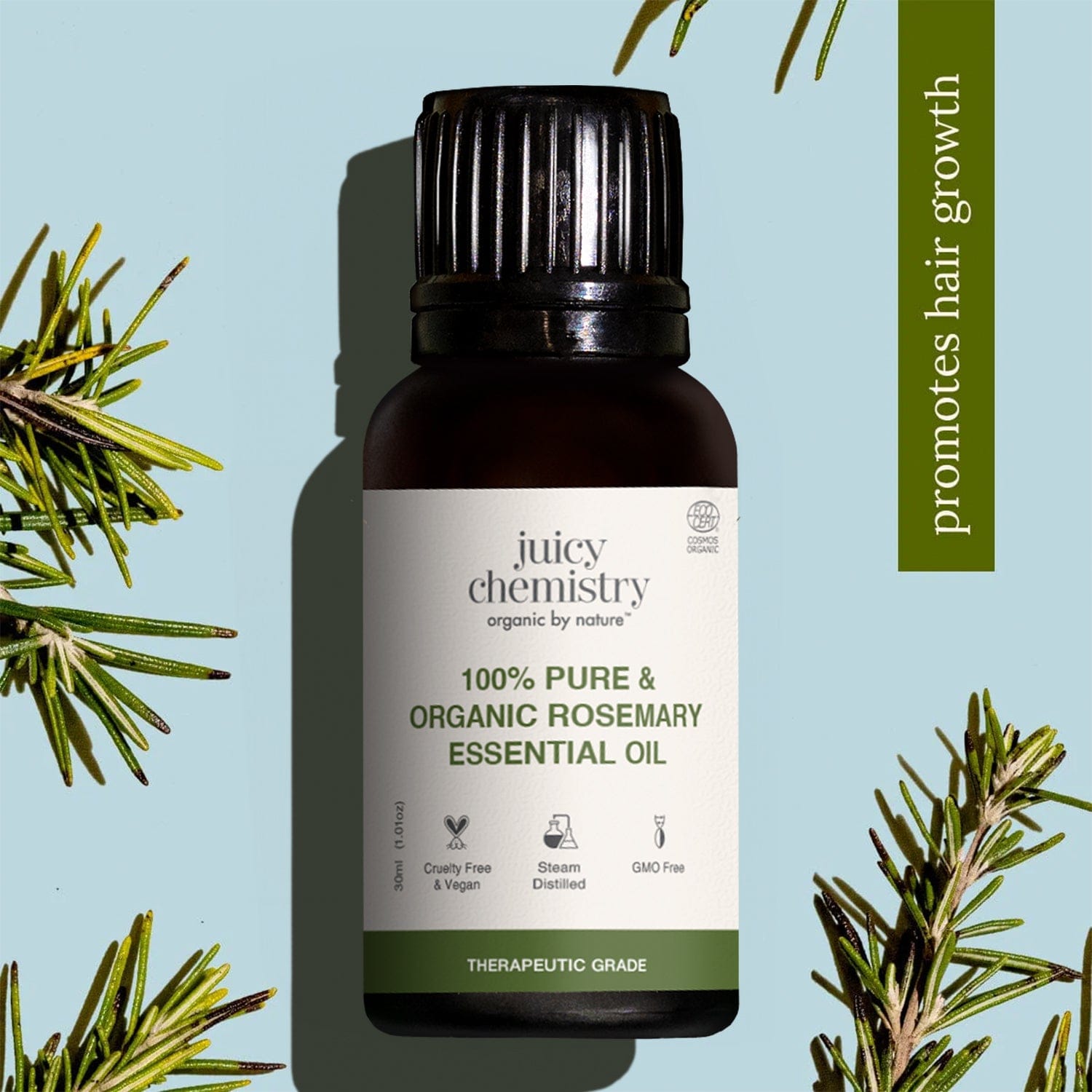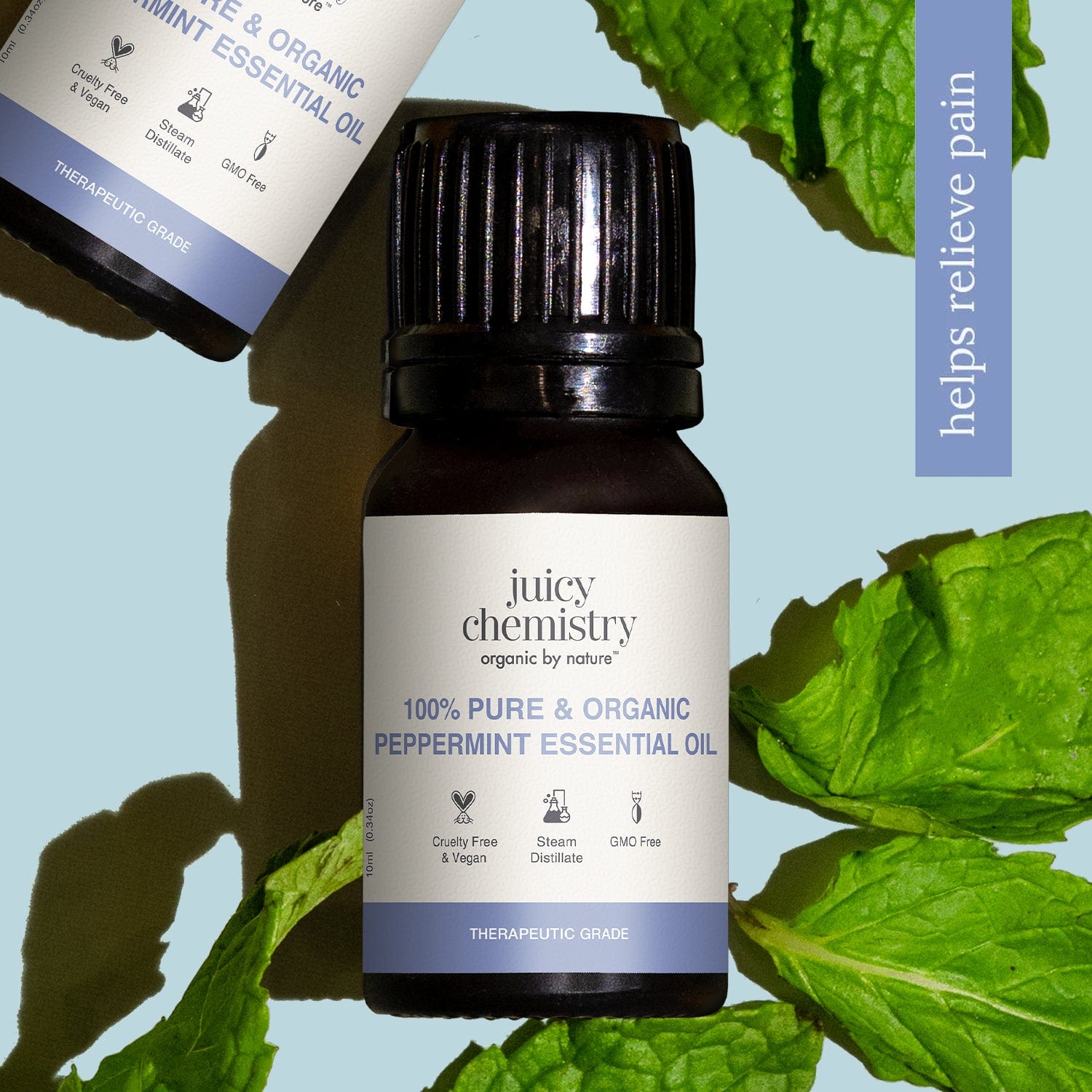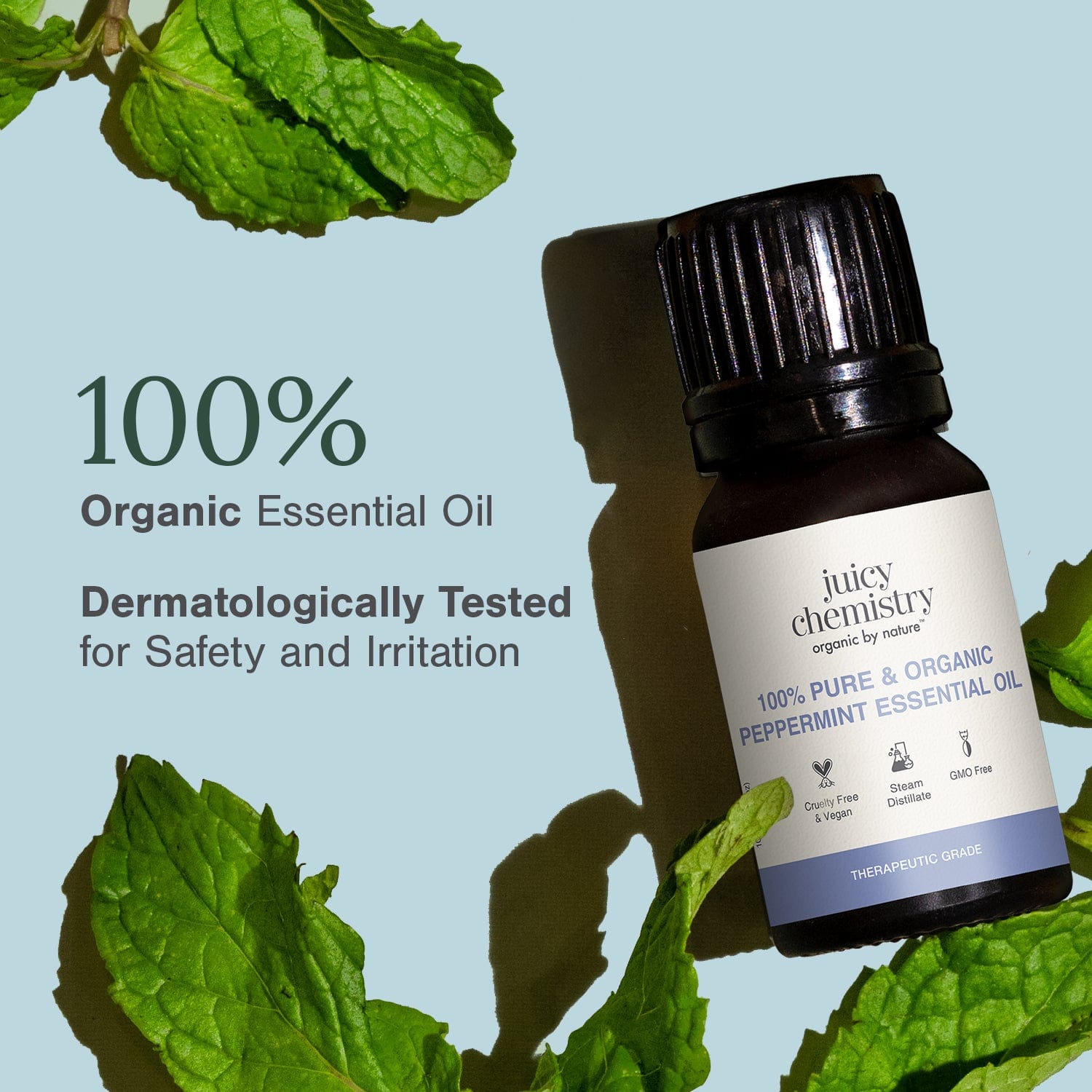Does the pH of Your Cleanser Matter? Soaps and Face Washes
June 30, 2022The pH levels of cleansers and organic soaps have become a popular subject of conversation lately. But does the pH of soap really affect your purchasing choices?
Let’s begin by clarifying what pH means. pH, which stands for ‘potential hydrogen,’ is a logarithmic scale that gauges the acidity or alkalinity of a substance.
This scale ranges from 0 to 14, where values below 7 indicate an acidic nature, values above 7 suggest an alkaline nature, and a value of 7 is considered neutral.
Why Is pH Important in Skincare?
Our skin features a delicate protective layer often referred to as the ‘acid mantle’ or ‘skin barrier.’ The main role of this skin barrier is to retain beneficial elements like moisture while keeping harmful substances such as pollution, dirt, dust, debris, and grime at bay.
This barrier is made up of secretions from our sweat glands, sebaceous glands (which produce sebum), and the fatty acids that are broken down by the beneficial bacteria residing on our skin.
As the term ‘acid mantle’ implies, this protective layer of our skin is acidic.
Healthy skin typically maintains a slightly acidic pH level ranging from 4.5 to 6.5 (with 3.5 for the scalp), which helps inhibit the growth of harmful microbes and shields the skin from environmental stressors.
Varieties of Soaps
Not every soap on the market qualifies as a true soap. There are two main categories of bar cleansers – Soaps (Natural Soaps) and Syndets (Synthetic Detergent Soaps), and believe us, they are not interchangeable!
According to the FDA, for a product to be classified as ‘soap,’ it must primarily consist of ‘alkali salts of fatty acids,’ which are created by combining fats (oils) with an alkali such as lye (sodium hydroxide or potassium hydroxide).
Conversely, the term ‘syndet’ is a blend of the words ‘Synthetic’ and ‘Detergent.’ It refers to a cleanser formulated by combining synthetic detergents.
While both soaps and syndets serve as effective cleansers, they can disrupt the natural protective oil layer on our skin (sebum) during the cleansing process. However, the two types are fundamentally different.
The pH Levels of Various Soaps
As previously mentioned, cleansers can be generally divided into organic/natural soaps and synthetic detergents (syndets). The key distinction between these two categories lies in their production methods.
Natural soaps are created through a straightforward reaction between plant oils and a strong alkali, resulting in an always alkaline product. Handmade organic soaps typically have a pH ranging from 8 to 10, while some commercially manufactured soaps can reach pH levels as high as 13, making them harsher on the skin.
On the other hand, syndets are produced through a more intricate reaction involving petroleum and plant oils, resulting in a pH that falls between neutral and acidic.
Our handmade cold-pressed organic soaps are meticulously crafted and maintain a pH level between 8 and 9.
How Does Cleansing Impact the Skin's pH Levels?
Whenever our skin encounters an external substance with a differing pH, it inevitably alters the natural pH level of the skin barrier. Even water, which has a pH that can range from 6 to 8.5 depending on its source, can temporarily affect the acid mantle and, consequently, the skin's pH. However, since a face cleanser typically remains on the skin for only a brief period, its effect on pH is also short-lived.
Think back to those laid-back days when you wash your face but skip applying moisturizer afterward. Initially, your skin may feel dry, but after a while, it returns to a normal state. Have you ever wondered why that happens? This is because your skin starts to rebalance the acid mantle and restores its natural pH. Each time the skin is exposed to slightly alkaline or acidic substances outside its usual pH range, a healthy barrier will generally rebalance itself within 15 to 30 minutes.
In summary, it’s fair to say that our skin and scalp are quite adept at maintaining their homeostasis, which is the body's ability to regulate and adapt to environmental changes. Unless you are using harsh cleansers that are extremely acidic or alkaline, the pH of most skin cleansers will not lead to long-term alterations in the skin's natural pH.
What Happens When the Skin Barrier Is Compromised?
Now that we have a grasp on the connection between cleansing and a healthy acid mantle, let’s explore what occurs when the skin barrier is damaged!
A compromised skin barrier indicates that the skin cannot effectively rebalance itself by secreting sebum after cleansing, resulting in a prolonged alteration of pH. When the skin barrier is unhealthy, it is essential to follow cleansing with toning to help the skin restore its natural pH. For facial care, flower waters such as rose or lavender water can be beneficial. For the scalp, an apple cider vinegar (ACV) rinse can assist in restoring the acid mantle.
Should Cleansers Be pH Balanced?
While we believe this is largely a matter of personal choice, at JC, we opt not to modify the natural pH of our cold-pressed superfatted cleansers.
You might wonder why? The reason is that all cleansers tend to alter the skin's pH, regardless of whether they are acidic or alkaline.
Research has shown that skin pH increases by 1.1 points when washed with water alone. It rises by 1.2 points after using alkaline soap (like ours) and by 0.98 points after washing with a synthetic soap bar, known as syndets (which are acidic).
Thus, all cleansers, whether traditional soaps or syndets, balanced or unbalanced, affect the skin's pH within a very similar range.
The same study also demonstrated that the continuous use of traditional soaps does not hinder the acid mantle's natural ability to rebalance and maintain its mildly acidic state.
How Does This Temporary pH Change Affect Skin Hydration?
Each time we bathe, the natural oils produced by our skin are also washed away. The pH level rises slightly, and the skin may feel dry for a short time until the acid mantle begins to reform and restore balance.
So, while cleansing might temporarily leave your skin feeling dry, a study conducted on infants revealed that traditional soaps do not significantly alter the skin's hydration levels.
In this study, babies were cleansed with a) water, b) mild acidic soap, and c) regular alkaline soap. All three types of cleansers had a similar impact on the infants' skin, with no notable differences in hydration levels.
Another study compared six different types of cleansers, ranging from very alkaline to very acidic, and made the following observations:
- There was a slight increase in pH with the alkaline soaps.
- All products had a drying effect on the stratum corneum (the outermost layer of the skin), but superfatted soaps performed better.
- Transepidermal water loss (TEWL) measurements showed minimal change.
- All alterations were completely reversible, with all values returning to normal within 90 minutes post-washing.
Is pH the Sole Factor in Determining a Cleanser's Irritation Potential?
Certainly not! One study evaluated the ‘irritation potential’ of syndets and soaps with varying pH levels and found the following results: the least irritating syndet had a pH of 7.53.
- The most irritating syndet had a pH of 4.61.
- The least irritating soap had a pH of 12.35.
- The most irritating soap had a pH of 9.36.
The ingredients, their extraction methods, the chemistry between the components, and the manufacturing process significantly influence whether a cleanser will be gentle or harsh on the skin.
In fact, two soaps with identical compositions may still behave differently for you due to variations in their blending processes. Therefore, the best face wash for your skin might be one that is not pH balanced.
Why Should You Consider Our Gourmet Soaps?
Our cold-pressed soaps are exceptional facial cleansers because they are gentle and enhance the skin's ability to retain moisture, thanks to their high glycerin content.
These soaps are pure, created through a chemical reaction involving oils, water, and lye. When these components combine, they transform into saponified oil (soap) and glycerin, with no lye remaining in the final product.
Glycerin, a natural humectant, makes our soaps hydrating. It penetrates the skin and retains moisture, keeping your skin hydrated for several hours.
Our cold-pressed soaps are also superfatted, meaning they contain free fatty acids that compensate for the lipids and moisture lost during cleansing. Their mildly alkaline nature allows them to gently remove dirt without stripping away moisture.
Finally, our organic soaps are the best choice because they are Gourmet! These fresh, superfatted soaps are handcrafted using the age-old cold-process technique of saponifying oils with an alkali (lye). The soaps are then cured for eight weeks to ensure that no lye remains in the final product.
If you are in search of a natural cleanser, we offer a diverse range of options. Explore our organic face wash for oily skin or our tan removal soap, all of which are certified organic by EcoCert France according to COSMOS V3 standards.
Citations:
- https://onlinelibrary.wiley.com/doi/abs/10.1111/srt.12170
- "Maintaining the acid mantle becomes an issue only under conditions where the barrier is compromised," as stated by Dr. Zoe in 2011, Dermatology Times.
- (Takagi, Y., et al. [2014], "The Prolonged Use of Soap Does Not Impact the pH-Maintenance Mechanism of Human Skin" published in Skin Research and Technology)
- (Gfatter, R., P. Hackl, and F. Braun, 1997, "The Impact of Soap and Detergents on Skin Surface pH, Stratum Corneum Hydration, and Lipid Content in Infants," Dermatology, vol. 195, pp. 258-262.)
- Ventura, S. A. and Kasting, G. B. (2017), "The Dynamics of Glycerin and Water Transport Across Human Skin from Binary Mixtures," International Journal of Cosmetic Science, 39: 165-178.
- Moldovan, M. and Nanu, A. (2010), "The Effect of Cleansing Product Type on Various Skin Parameters After a Single Application," Farmacia, Vol. 58, No. 1.
- Abbas, S., Goldberg, J.W., and Massaro, M. [2004], "Personal Cleanser Technology and Its Clinical Efficacy," Dermatologic Therapy, 17: 36-38
